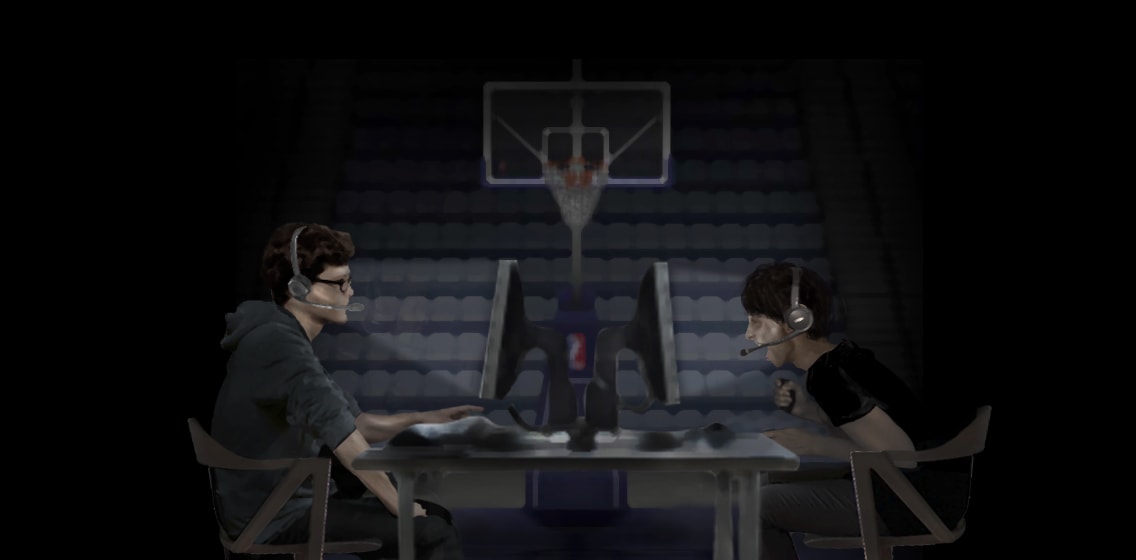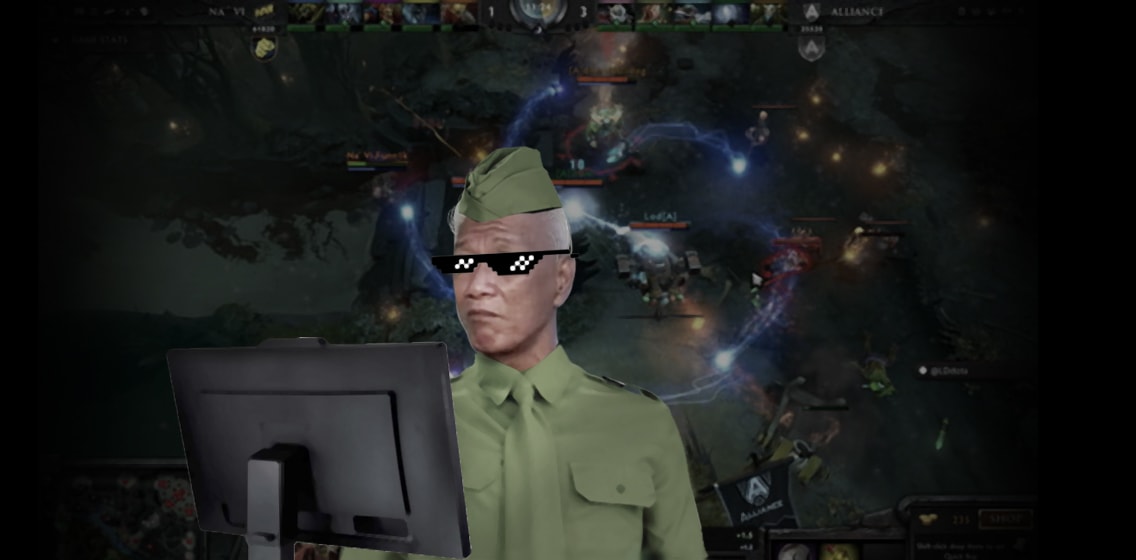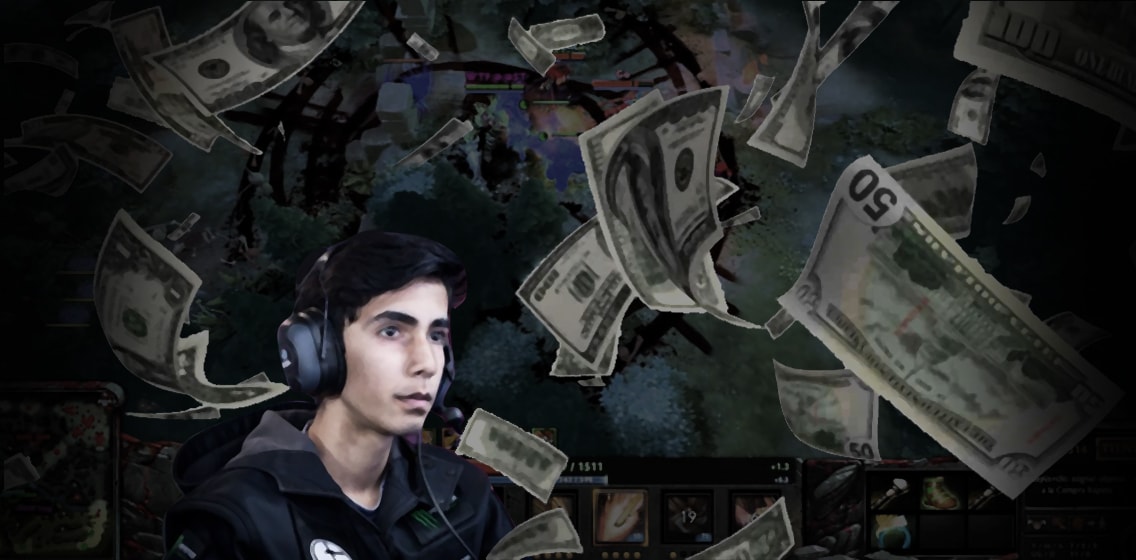Now loading: E-sports
From throwing horseshoes to shooting basketballs in the rim, machinery has generated a more apparent but consistent approach of capturing our hearts in recreation. Last June, 16 foreign teams fought for a title to see whose eye-hand coordination and strategy outlasts the rest in the first Valve-hosted DOTA (Defense of the Ancients) 2 Major League held in Manila on June 3. The much-awaited e-sport event called the Manila Major lasted for 10 days, which provided tremendous entertainment to Filipino DOTA fans.
Aside from the online battle arena game, there are other video games that hype our fervor—not only through the gameplay itself but the uncanny phenomenon that transpires. Here are awesome facts about e-sports that feeds our awareness beyond the gaming experience.

A whole new sport
Playing video games is usually for fun or a hobby, but e-sports elevates its purpose—video game tournaments. It was officially declared as a sporting event by the South Koreans in 2000, with the approval of its Ministry of Culture, Sports, and Tourism (MCST). Famed as the “Mecca of E-sports,” South Korea treated virtual gaming as a norm, producing talents such as Jang “MC” Min Chul, one of the world’s best Starcraft players.
Unlike in the United States or even the Philippines’ “ball is life” notion, cable televisions in their country are regularly seen broadcasting e-sports held at South Korea’s Sports Arena. Dominating almost every sport produced, e-sports now stand as one of the country’s pride.

Age doesn’t matter
Whoever said video games are for kids probably hasn’t heard that the average person who plays video games is actually 31 years old, according to Video Game Voters Network. The result is surprising in itself, but what’s more shocking is the story of Lolo Cris, who plays DOTA 2 at the age of 66.
Instead of being bed-ridden, Tony “Lolo Cris” Matulac, a war veteran, battles in a different battlefield with other DOTA players at his hometown in Ilo-Ilo. The Visayan eats blood kills for breakfast as he treats lunchtime as his only break from his hobby until six in the evening. The so-called “Old Man of DOTA” even stated that his doctors recommend playing the electronic game as a form of therapy for his age. Researchers in Medicinenet show that old people who play the complexity of video games has improved memory and cognitive skills than those who don’t.
Fighting other people’s avatar isn’t the type of therapy you were expecting but even science proves the healthy profit of e-sports.

Profitable gaming
Moving from Pakistan to the United States, 16-year-old Sumail Hassan, different from the mass population of DOTA 2 players, outset his early future on his love for the game—choosing to battle online heroes as a profession.
Sumail, who started playing at 15 years old, spent most of his time playing the game—attacking monsters and defending his Ancient by purely relying on aggression and instinct. Eventually, the e-sport prodigy’s winning ways granted him a qualification for the tournaments. In one “in house league,” a manager of a team in a pro-league, Charlie Yang, noticed the Pakistani and turned him into a professional DOTA player with a huge income.
The now-17 year old Sumail has a net worth over 1.6 million dollars and has become the youngest player to do so, leaving a massive impact people’s perceptions on e-sports.

Alternate reality
Imagine lying in bed with only a controller and a gear around your head that lets you play games without much muscle use—this is exactly what a certain widget does.
If you have been a fan of the famous YouTuber and gamer Pewdiepie, you might be familiar with a gear where he can see everything from the game he is playing. This out-of-this world gadget is called the Oculus Rift. The Oculus Rift, which is just like staring at your phone and using it as a gaming device, journeys you to the virtual world.
Now, this new world gear does not have a full-dive feature like the Nerve Gear in Sword Art Online, which takes helm of the player’s consciousness. But the projected experience will definitely trigger your excitement for the future of technology and gaming.

Gaming in sickness and in health
Surely you have surfed Facebook pages and seen 9gag’s “I’d pause a game for you” meme. But Paul Turner and Vicky Teather did not pause their video game, instead they played it together—for better, for worse, for richer, for poorer, in sickness and in health, until death do them part.
The two video gamers met in a virtual game, Final Fantasy, having avatars Andurus for Paul and Branwen for Vicky. Vicky put her sights on Paul when he played the knight in shining armor role and endangered his own character for the sake of his future girlfriend. The virtual lovers played up to five hours every night until one day, Paul stopped playing the game and found a job in the real world. This triggered Vicky to confess to Paul via old MSN’s (Microsoft Network) message feature and eventually, they became the second British husband and wife to have met online.
***
There are over 134 million e-sport fans in the world, sharing equally the three billion hours people play video games in a week. E-sports may not yet be included in the Olympics, but considering its steady rise and the popularity it has gained, we probably won’t be shocked when it does.
Graphic Art by Camille Joy Gallardo
Sources:
http://esports.inquirer.net
http://www.webmd.com
http://videogamevoters.org
http://www.bloomberg.com
http://www.dailymail.co.uk
http://espn.go.com
http://watchmojo.com
http://www.immihelp.com
http://www.techrepublic.com
http://en.dafaesports.com





